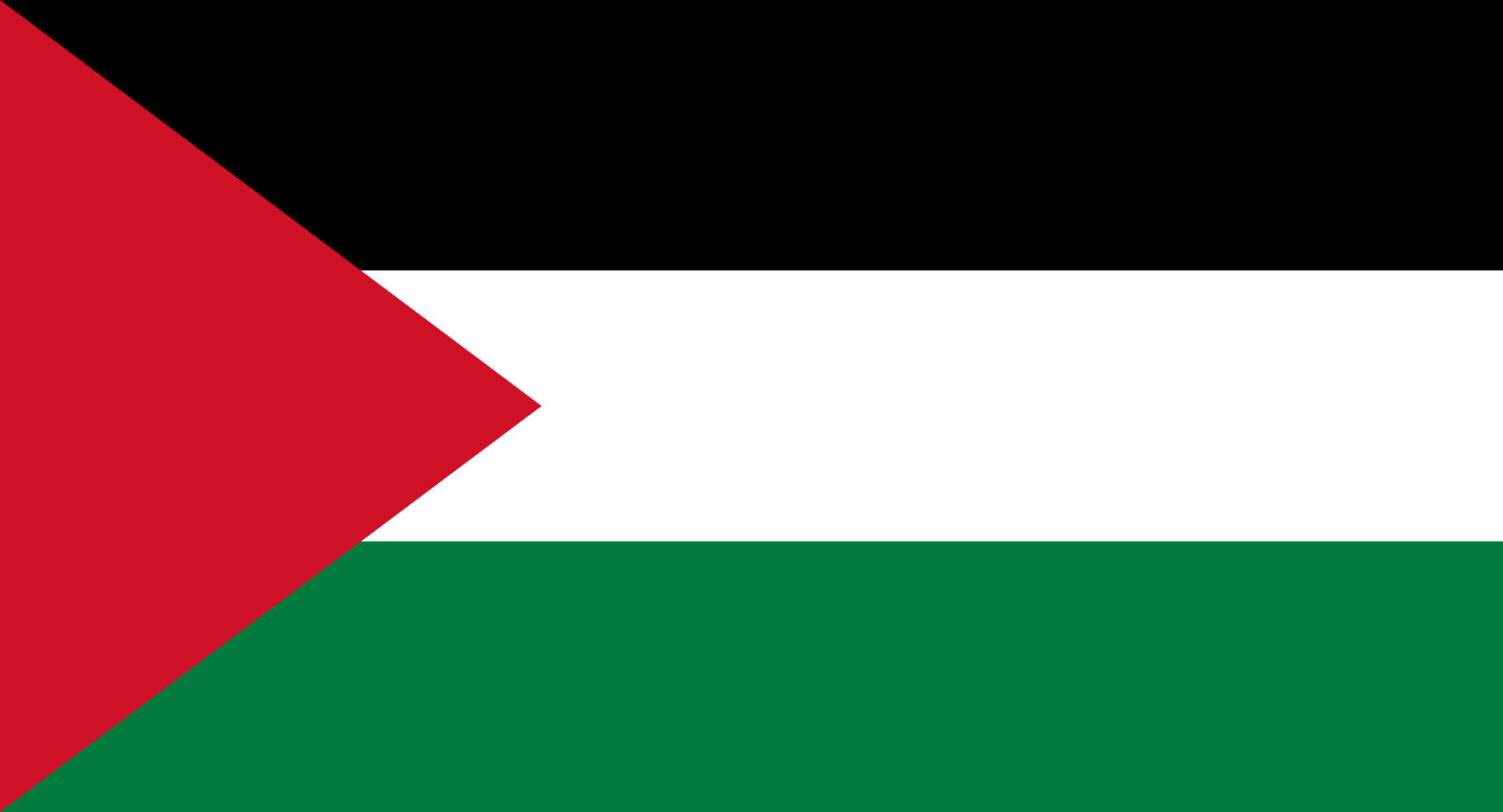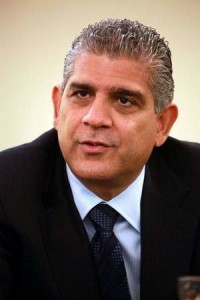Ambassador Maen Rashid Areikat currently serves as the chief of the Palestine Liberation Organization delegation to the United States. Prior to his appointment to Washington, he served as Chairman of the PLO and the Palestinian National Authority.
Brown Political Review: After the Gaza City agreement in April, a plan was set in motion to absorb Hamas into the Palestine Liberation Organization (PLO). How will the PLO ensure Hamas’ support for the diplomatic process, given that Hamas isn’t committed to nonviolent conflict resolution?
Maen Rashid Areikat: The PLO remains the highest political umbrella of the Palestinian people. It includes different factions who have different political views, but all of them believe in the PLO’s goal of reaching a political solution to the conflict with Israel. The PLO tried armed struggle. We invented the armed struggle against Israel in the mid-60s. Today we believe that the only way we can achieve our objectives is through political processes — nonviolent processes. Certain Palestinian factions, including Hamas, continue to believe that armed struggle is the only way to pressure Israel to accept the establishment of the Palestinian state. Unfortunately, Israeli policies encourage these positions…In order for Palestinian factions to start engaging politically and change their approach, Israel needs to change its behavior as well. Israelis have not, over the last 20 years, done anything to tell the Palestinians that they are willing to end their occupation and allow [Palestinians] to have their state. So don’t expect the Palestinians to completely turn around and abandon certain approaches if Israel continues with its old mentality of subjugating the Palestinian people and continues to rule them by force.
BPR: If Palestine becomes a recognized state, what infrastructure and economic development will it need?
MRA: I am someone who hopes to see the day when we will be able to abandon all international aid support. I think we do have the capability to do that if we are allowed to control our country and have authority over our land: 60 percent of the West Bank today is under total Israeli control…The occupation is not only political and military — it’s economic. [Israel is] exploiting our labor and markets. We are the largest market for Israeli products. The trade imbalance between Palestine and Israel amounts to $1.5 to $2 billion a year…Like we argued at the World Bank, if Israel allows us to start projects in these areas, we would be able to generate an additional $2.8 to $3.4 billion annually, which means that we could completely abandon donor money. I’m not blaming Israel for all our social ills. What I’m saying is [that] we have great potential.
BPR: US-Israel and US-Palestine relations have fluctuated frequently. How can we obtain stable relations over time regardless of leadership?
MRA: This is something that you can never guarantee. We think differently and we act differently. The United States has been consistent in some aspects of its relationship with the Palestinians and Israelis, and they have changed their positions in other aspects…We ask the United States to take a more evenhanded approach. After all, the United States is the strongest supporter and ally of Israel.

